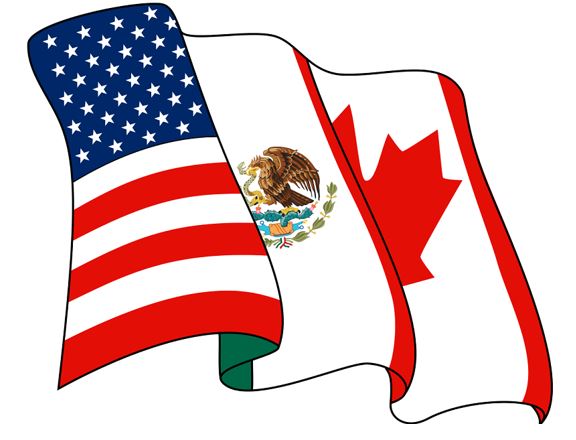Yesterday, the United States and Mexico settled on new concessions that will make changes to the current North American Free Trade Agreement (NAFTA). The hope is to improve upon the U.S. $69-billion trade deficit with Mexico.
So, how will that happen?
- The countries agree that 75% of automotive content be made in either the US or Mexico, up from 62.5% in the original deal.
- Wage increases. The new deal requires that 40 percent to 45 percent of auto content must be made by workers making at least $16 per hour.
- Copyright protection. Improvements were made to protect U.S. copyright holders as well as provide “safe harbors” for Internet service providers that unintentionally post pirated material.
- Labor changes. Mexico is committed to outlined legislative actions to recognize worker’s rights to collective bargaining. Further, agreement is in place to create environmental guidelines.
- Balance on booze. The U.S. will recognize tequila and mescal as unique Mexican products and Mexico has the same understanding with bourbon and Tennessee whiskey.
- Both sides agree to review the deal after six years.
The deal is not complete yet. The pressure is now on Canada to come to the table and negotiate. Canada begins trade talks today with the United States and there is hope that progress will be made later this week.
Maryscott Greenwood, CEO of the Canadian American Business Council (CABC), told CNBC on Tuesday that she thought Canada would join the arrangement and could even finalize a new NAFTA deal this week.
“There is only a handful of tough issues left. Mexico is already there. I think we can get there this week, I really do,” she said, before cautioning that this week’s trilateral talks would be “harsh” and “intensive.”




